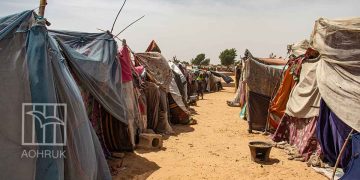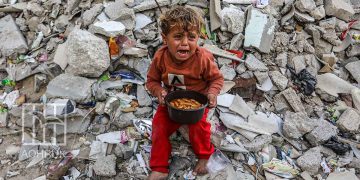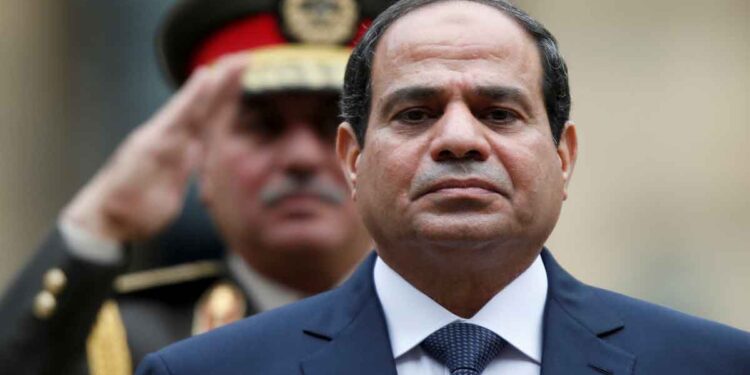The Egyptian regime is coming under mounting pressure over its human rights record, even from those whom it could usually rely upon as staunch allies.
Following a devastating exposé of the regime’s extrajudicial killings by international NGO Human Rights Watch, the usually reliably pro-Egypt Washington Post newspaper wrote an editorial under the headline “The U.S. can no longer look away from Egypt’s grim human rights record”.
In this it argued that “the time has come for a change” when it comes to the usually unconditional military aid the US hands over to Egypt every year – $1.3bn – and said that President Joe Biden’s government should withhold $300m of this in response to human rights abuses.
This is significant. Egypt is a key ally of the US, and can usually be relied upon to toe the line when it comes to US interests in the Middle East and North Africa. As such, newspapers like the Washington Post have backed it to the hilt, much as it does Saudi Arabia and Israel, seeing the successes of the two nations as interlinked.
But, apparently, Egypt has now crossed a line.
The Human Rights Watch report may come as little surprise to human rights campaigners who have long followed the devastating impact of Abdel Fattah Al-Sisi’s presidency, but still comprehensively illustrates the scale of human rights abuses conducted by the regime.
It explores the Egyptian Interior Ministry’s rampant extrajudicial killings of people “who at the moment of their deaths apparently posed no life-threatening danger to security forces or others, and so amounted to deliberate and unlawful killings”.
It notes that following the overthrow of the government of Mohammed Morsi in 2013, the Interior Ministry and National Security Agency were, in effect, encouraged to crush all opposition to the new regime – most starkly seen in the murder of up to 1,000 people in the Rabaa sit-ins.
The report reads: “Between January 2015 and December 2020, according to 123 Interior Ministry statements and pro-government media reports citing unnamed security officials, security forces killed at least 755 alleged ‘militants’ or ‘terrorists’ in 143 alleged shootouts or gun battles in 19 governorates across the country.” It goes on to note that very little information was given about these deaths, with names of the victims and details of their deaths missing from the records.
Despite regime forces rarely facing any casualties, each killing of opposition figures was recorded by the authorities as being defensive. The regime’s crackdown on journalists and human rights groups means that its version of events is rarely challenged in Egypt – no matter how transparently inaccurate its records of events are.
The impunity of those carrying out such acts on behalf of the regime has also caused concern internationally – now, finally, reaching those in positions of power in western nations as well as human rights activists.
The US and its media allies may still see Egypt as playing a central role in maintaining US hegemony in the region and beyond, and may also wish that atrocities carried out by the regime went unnoticed so that “business as usual” could continue.
But that is not the case anymore.
Human rights defenders in Egypt and across the world have fought tirelessly to expose the abuses of the regime, and their voices have become deafening.
Sisi’s regime, in its arrogance, thought that it could commit human rights abuses on this massive scale without repercussions. It is beginning to look like it was wrong. Egypt is becoming an embarrassment to the west, and may soon face the consequences.






























